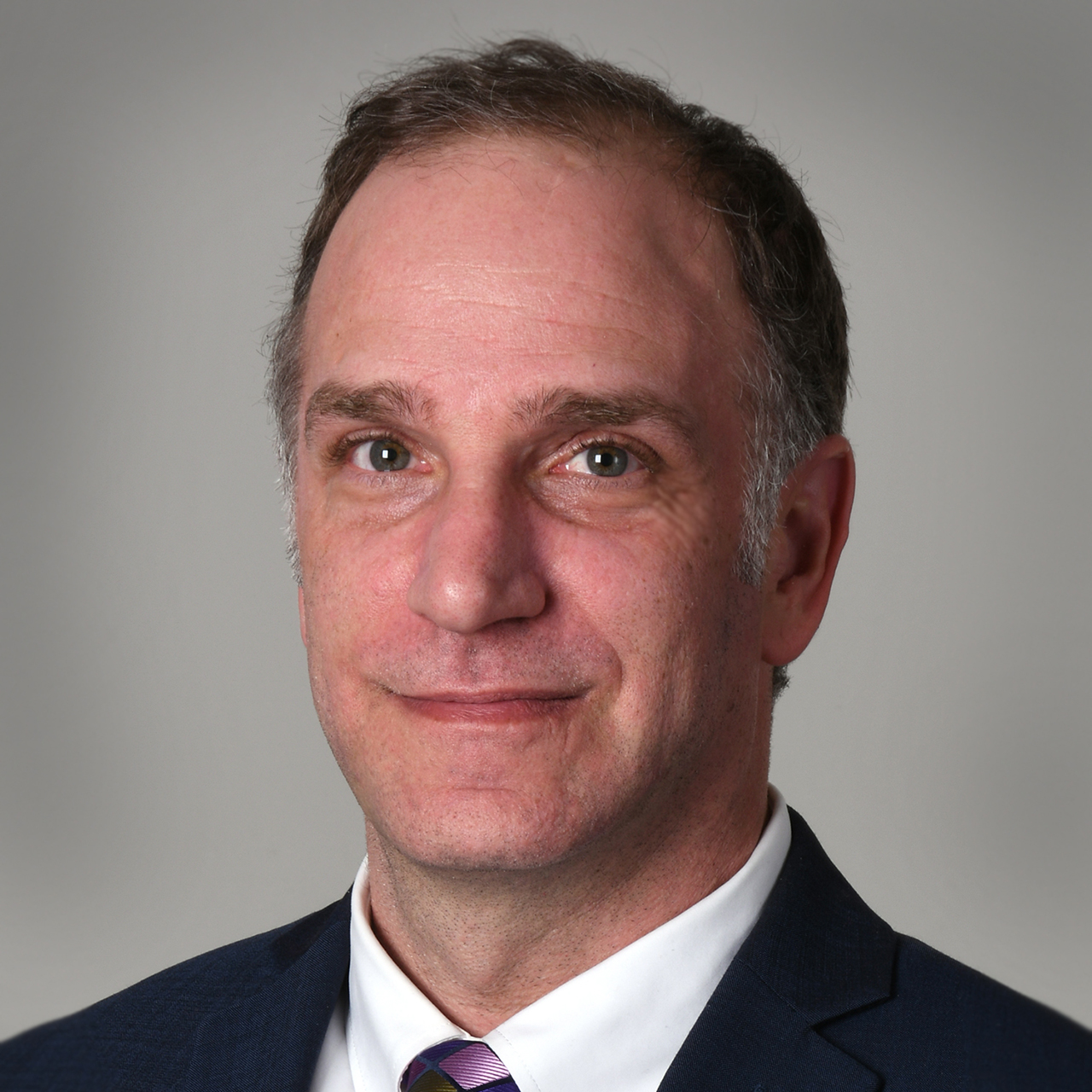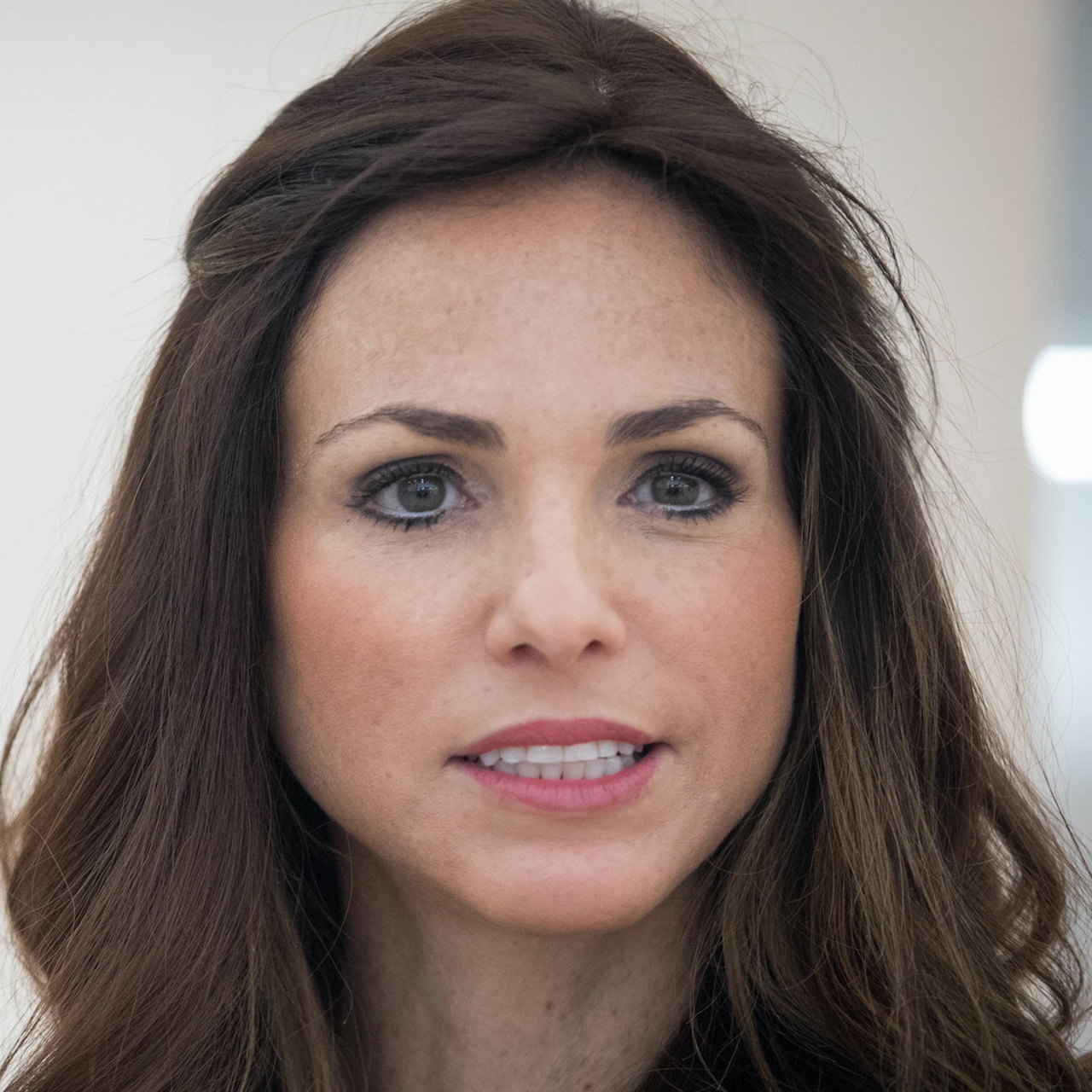That depended upon her definition of the term, said Tilove, HBHA’s head of school, but when he told her that Chabad students were part of the big tent, Yankelevich was thrilled. “Unbelievable,” she said. “This is the dream. This is the story.”
Yankelevich’s Zoom visit on Feb. 10 came as part of her tour of Jewish communities around the world. Her visit to Kansas City came through coordination with the Jewish Federations of North America.
Along with HBHA, presenters highlighted community efforts to enhance security and to serve vulnerable populations.
The broad goal of the Ministry of Diaspora Affairs is to strengthen ties between Israel and the worldwide Jewish community. Part of its mission is to educate the Israeli public about the diaspora Jewry —including teaching it in schools — and to build bridges with international groups that have a kinship to the Jewish people.
There are approximately 14.6 million “core” Jews (those who identify as Jewish and do not profess another monotheistic religion) in the world, according to the Encyclopaedia Britannica. More than half that population lives outside of Israel, with 5.7 million Jews in the United States. There are also pockets in Russia, Ukraine and other republics formerly of the Soviet Union.
The issue of integrating all portions of the Jewish community is especially poignant to Yankelevich, the government’s first ever female ultra-Orthodox minister. Upon taking over in May, she faced questions about whether she could build bridges across the spectrum of Jewish observance. Those questions come at a time of strained relations between more liberal Jews throughout the world and ultra-Orthodox factions within Israel.
In a June feature on Yankelevich, the Jewish Telegraphic Agency said those divisive issues include who can pray at the Western Wall and who Israel’s Orthodox Chief Rabbinate deems Jewish. Yankelevich isn’t a member of a religious party in Israel, belonging instead to the centrist Blue and White coalition.
She announced earlier this month she is not running for re-election in upcoming Knesset elections.
But politics and disunity were not part of the discussion with Jewish leaders in Kansas City.
The harmony embodied in HBHA, Yankelevich said, is an educational example that “needs to be a pilot for all communities all over the world.”
After students Ilana Fingersh and Abby Kreisler described to the diaspora minister how the school and its teachers have shaped them and prepared them for the future, Yankelevich said she saw them not as students, but as leaders of a next generation that must be strong and open-minded. The inclusiveness of HBHA will serve them well, she said, “so study well, and then go and give the example for all the world.”
When Tilove acknowledged that tensions exist within a school that caters to such a broad spectrum of Jewish beliefs and observances, Yankelevich said the most important thing was that they sat around the table to work things out.
Balancing act
In a follow-up interview, Tilove told The Chronicle he was “genuinely touched” by the minister’s enthusiasm for HBHA. It was a conversation he did not expect in what was a tightly scripted 45-minute visit from the minister.
In expanding on his points to the minister, Tilove said Kansas City differs from many other Jewish communities where the ultra-Orthodox typically educate their children in schools apart from the other Jewish day school. HBHA is also unique in extending through high school.
One example of bridging the divide, as he mentioned to Yankelevich, is the teaching of Hebrew.
The school, Tilove said, must navigate between the Orthodox view that teaching Hebrew is a tool to understanding the Bible and the Midrash, or a more liberal view that it is taught as a modern language spoken by people in Israel.

Adam Tilove
Working through those differences is not easy, Tilove said. “Sometimes it is hard to find the common thread,” he said. “For many communities, they would prefer not to. It is easier just to go your own way.”
Perhaps it is a blessing, he said, that the Kansas City Jewish community is too small to support separate Jewish day schools.
For Tilove, the range of observance is what makes HBHA a true community school.
He expanded on that thought in his weekly email to the HBHA community, saying that one of the highlights of his week is studying the Talmud with HBHA faculty member Rabbi Berel Sosover.
“He and I are so different, and yet so similar,” Tilove wrote. “We come from different places and have different world views on many things. But when we study, I profoundly feel our connection, through wrestling over the same texts as our forebears.”
The students might be too young for this perspective to sink in now, he wrote. But he hoped they will appreciate that they studied together as one people. The students, he wrote, “are becoming immune to painful and divisive stereotypes. And they are participating in peoplehood in a way that is unfortunately very unusual.”
More information
Other participants in the Zoom call with Yankelevich were Chuck Green, director of community security; Stefanie Williams, executive director of Congregation Beth Shalom; Don Goldman, CEO of Jewish Family Services, and Laura Gilman, JFS director of older adult services.
Noting the murders of three people at Overland Park Jewish facilities in April 2014, Yankelevich mentioned briefly an effort to establish a shared, worldwide day to remember people killed in anti-Semitic acts.
She closed by saying that, even through Zoom, it’s clear the Kansas City Jewish community is strong and special. The presentations, Yankelevich said, painted “a picture of a resilient, vibrant and diverse – yet united – Jewish community.”



